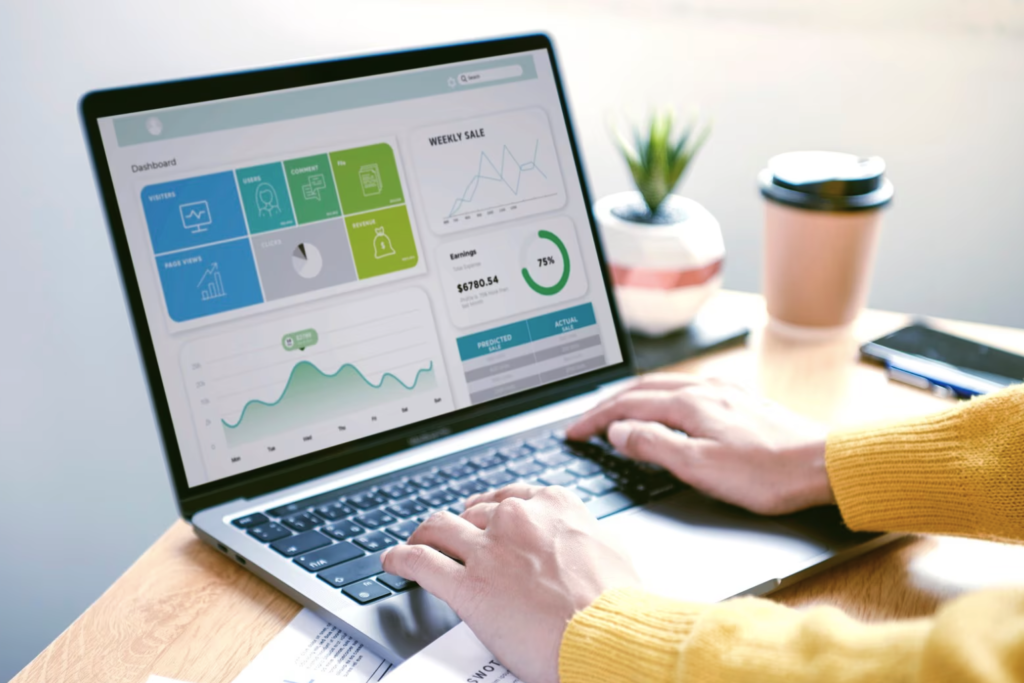Email authentication is a fundamental element of email communications that enhances trust, security, and deliverability. Email authentication is critically important for email deliverability for several reasons:
Advantages of Email Authentication
Sender Verification: Email authentication helps email service providers (ESPs) and recipient email servers verify the authenticity of the sender. It ensures that the email is genuinely from the claimed source, reducing the likelihood of spoofing, phishing, and spam.
Improved Deliverability: Emails that pass authentication checks typically reach inboxes, avoiding being marked as spam or outright rejection. Authentication helps build trust with ESPs and ISPs.
Protection Against Spoofing: Email spoofing occurs when a malicious sender impersonates a legitimate entity. Authentication mechanisms like SPF (Sender Policy Framework) and DKIM (DomainKeys Identified Mail) help prevent spoofing by confirming the legitimacy of the sending domain.
Reduced Phishing: Phishing emails are fraudulent messages that attempt to deceive recipients into divulging sensitive information. Proper authentication can help recipients identify legitimate emails from trusted sources, reducing the risk of falling victim to phishing attacks.
Enhanced Brand Credibility: Authentication adds a layer of trust to your email communications. Proper authentication of your emails leads recipients to trust your brand more and increases their engagement with your messages.
Reduced Bounces: Authentication helps reduce email bounces, especially when sending from a custom domain. Properly authenticated emails face a lower risk of rejection by recipient email servers over authenticity concerns.
DMARC Compliance: DMARC (Domain-based Message Authentication, Reporting, and Conformance) builds on SPF and DKIM by providing a policy framework for email authentication. It allows organizations to dictate the handling of emails that fail authentication, thereby reducing unauthorized use of their domain names.
Better Inbox Placement: Authenticated emails are more likely to bypass spam filters and land in the recipients’ primary inbox folders. This improves the chances of recipients seeing and engaging with your emails.
Data Security: Authentication ensures the integrity of email content during transit, making it more challenging for malicious actors to tamper with or modify email content.
Legal Compliance: In some regions, email authentication is a legal requirement for businesses, especially when sending commercial emails. Compliance with regulations like CAN-SPAM (in the United States) and GDPR (in the European Union) may require email authentication.
Delving into Authentication Records
Authentication Records are an important step when it comes to email deliverability. By implementing authentication mechanisms like SPF, DKIM, and DMARC, senders can improve their email marketing efforts, protect their brand reputation, and ensure their messages reach the intended recipients.
Authentication Records involve a set of steps you must follow to ensure your business emails land in your recipients’ primary inbox. And it includes the following:
What is DKIM?
DKIM, or Domain Keys Identified Mail, is an email authentication method that enables recipients to validate if an email genuinely originates from and is authorized by the specified domain’s owner.
In addition, as a sophisticated authentication technique, DKIM assures email service providers (ESPs) that the email content remains unaltered and uncompromised during its transmission to the recipient.
What is SPF?
The Sender Policy Framework (SPF) is an email validation system that allows domain owners to specify who can send emails on behalf of their domain. Typically, they incorporate ‘SPF records’ into DNS records in advance.
SPF crucially verifies the sender’s identity, authorizing them to send emails from the domain and potentially providing a response route.
What is DMARC?
DMARC( Domain-based Message Authentication, Reporting & Conformance), is a protocol that unifies SPF and DKIM. Moreover, it primarily aims to authenticate email messages by confirming a domain’s recognition through both SPF and DKIM.
And then this protocol aids in shielding against unauthorized users sending emails using your domain and acts as a safeguard against malicious practices, such as domain spoofing aimed at phishing.
DMARC enables email senders to choose whether emails failing SPF or DKIM checks go to the junk folder or get blocked.
What are MX Records?
MX records(Mail Exchanger records), designate the appropriate server for routing emails directed to addresses within their specified domain.
Finally, need assistance on how to set up DKIM, SPF, DMARC or MX records for your ZOHO Apps? Contact Us.





